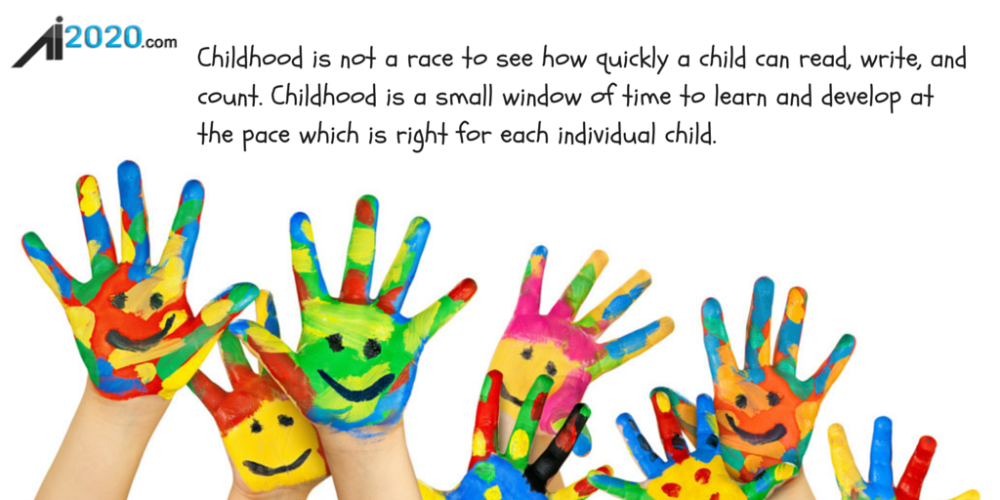Throughout the many courses I have taken at Walden
University, there have been struggles, challenges, triumphs, and success. Even
though times got tough I would not be the individual and early childhood
professional I am now without the bumps in the road and the knowledge and
strengths I have gained along the way. I feel the most powerful lesson I
learned is the crucial nature of self-reflection and what it can do in respect
of the work and continued success in early childhood education. Without the
chance to reflect on my own biases and prejudices during my courses I don’t
feel I would have effectively taken responsibility for my own thoughts and
opinions and been able to successfully reflect on and understand how I came to
take hold and believe in these certain thoughts. I believe that I have now
become more aware of the prejudices that exist in our classrooms and within
families and my passion in anti-bias education has grown. I have also learned
the true power in advocating for young children. Never realizing that my voice
can make a difference in early education as a whole, I am now more confident in
myself and the knowledge I have gained and accessed in order to improve the
education of our young children and making sure they lead successful and fulfilling
lives in a discriminatory free environment. I have become aware of the skill,
passion, commitment, and knowledge needed in order to successfully meet the
needs of children and be an effective advocate. I have also learned the power of collaboration
in the field of early childhood and how an effective leader can make all the
difference in reaching goals and communicating properly. With many different
opinions, working styles, and cultures had in the many individuals we work
with, it is important that an effective leader changes leadership styles when
necessary to achieve optimal results. I have learned a lot about my own
leadership style and the characteristics I hope to take hold of in order to
become an even better leader. Having had the opportunity to build a community
of practice has affirmed for me the need to collaborate with others and the
work that can be done when you have more heads than one.
My goals for the future are to continue to advocate for
anti-bias education in today’s classrooms and the importance for family involvement
in education. I would love to make my capstone project become a reality and
build workshops not just for parents, but for teachers and staff in educating
them on anti-bias education and the importance for positive adult guidance in
the early years. The diverseness of our world is increasing as well as the need
to provide children with a safe school environment without the fear of discrimination
and bullying. I hope to encourage parents to become more involved as well as
accepting of the cultures and traditions that may exist in their child’s
classrooms. I can only hope that my work in the future can make a difference in
the lives of children and their families, as well as give educators the drive
to continue making strides in providing the best education possible for all
their students.
I can’t thank my colleagues and professors enough for the
guidance, opinions, and constructive criticism given to me through my Master’s.
I value other’s opinions and thoughts knowing I can only grow from the mistakes
and lessons learned. Knowing I wasn’t alone in some of my questions and
challenges was comforting and pushed me to do my best. I have learned so much
from our discussions, blogs, and responses and know that I have worked with
amazing individuals that are going to do great work and make great improvements
in the field of early childhood education. I would have never thought I would have made
it to this moment, but here we all are and I thank you all for your support!
Here’s our chance to make even more of a difference in the lives of our young
children and I know you will all have great success!

